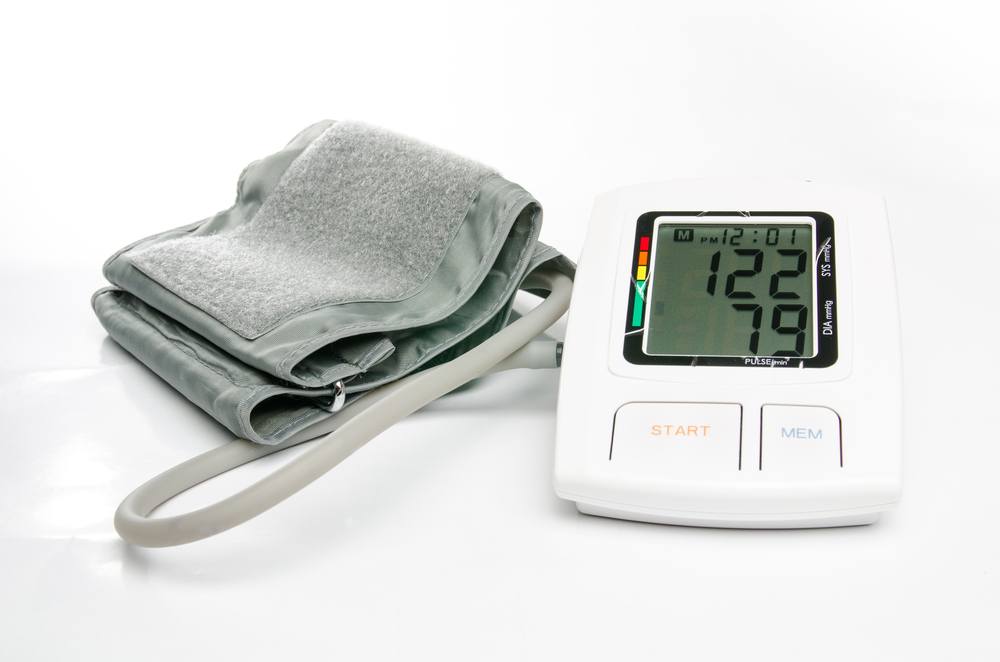High blood pressure affects about one-third of American adults. Of those affected, only about half of them have it under control. It can be dangerous, so educating yourself on what you should know about your blood pressure could save your life.
What You Should Know about Your Blood Pressure
Risk Factors
Knowing what causes high blood pressure is the best way to prevent it. The main reason that people develop high blood pressure is a poor diet.
Eating a diet that consists of too much sodium, fat, and cholesterol leads to plaque buildup in the arteries and blood vessels. This plaque inhibits blood flow and causes high blood pressure.
Another risk factor is a lack of exercise. Studies have shown that even 30 minutes of exercise a day or going to the park can help to reduce the risk of high blood pressure.
Exercise and sweating keep your body strong, especially your heart. Toxins are released and your heart can pump strongly.
Being overly stressed, frustrated, or angry is detrimental to your blood pressure as well. Your blood pressure and heart rate increase in these situations as a fight or flight response.
Other risk factors include age, sex, and habits such as smoking increase the risk of high blood pressure. As you age, the likelihood of developing high blood pressure rises but it is not something that is uncontrollable.
What the Numbers Mean
What you should know about your blood pressure is what the numbers mean when you get your blood pressure taken.
When you visit your doctor, they’ll always take your blood pressure–usually with a pump and armband. Getting your blood pressure is a good gauge for your general heart-health.
There are two numbers to be familiar with. The top one is called the systolic pressure, which measures the pressure output from the arteries during each heart beat.
The bottom number of the reading is the diastolic pressure, which measures the pressure output from the arteries in between heartbeats. This is the point at which the heart is at rest.
For example, a healthy blood pressure is 120/80. If you have steadily had numbers slightly higher than that, you may have developed prehypertension.
High blood pressure constitutes have a 140/90 reading or higher. That means that you are a much higher risk of heart disease, heart attack, or stroke.
What Can High Blood Pressure Lead To?
High blood pressure isn’t something to ignore or not take seriously. Heart disease, which can be caused by high blood pressure, kills 1 in 4 men and women each year in the U.S.
Additionally, high blood pressure can lead to heart attack, stroke, or congestive heart failure. All of which can be life ending or severely life altering.
Eating well, exercising, and taking supplements like L-Arginine Plus, can help you to lower your blood pressure or keep it at a healthy level.
Resources
http://mentalfloss.com/article/31519/how-do-blood-pressure-tests-work-and-what-do-those-numbers-mean

